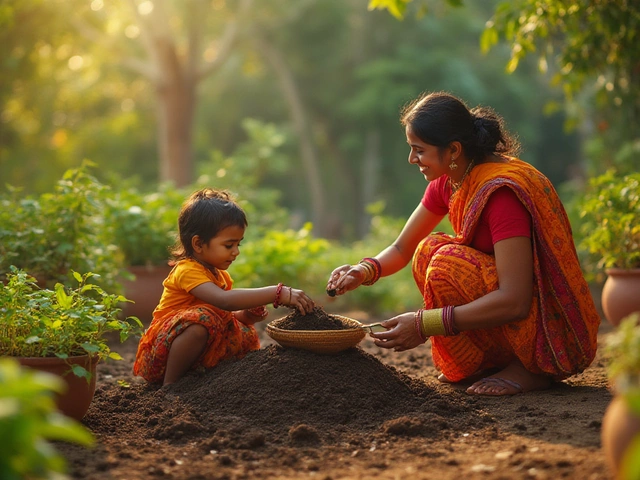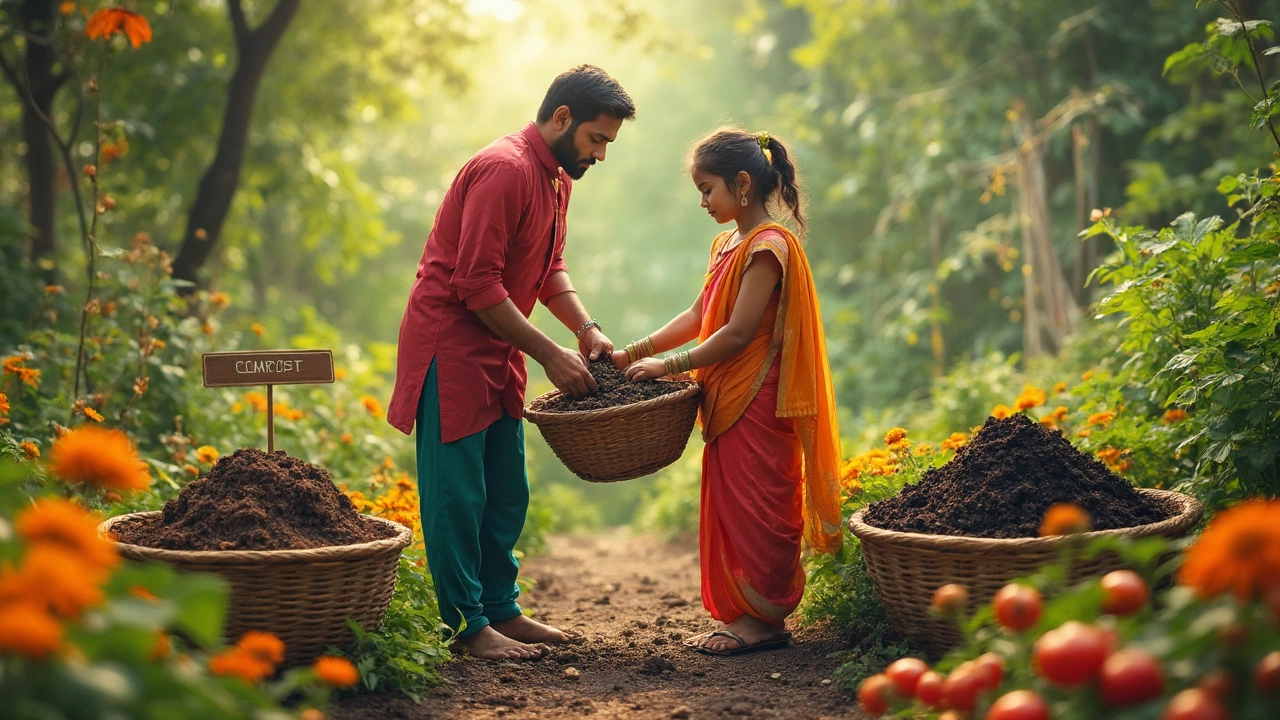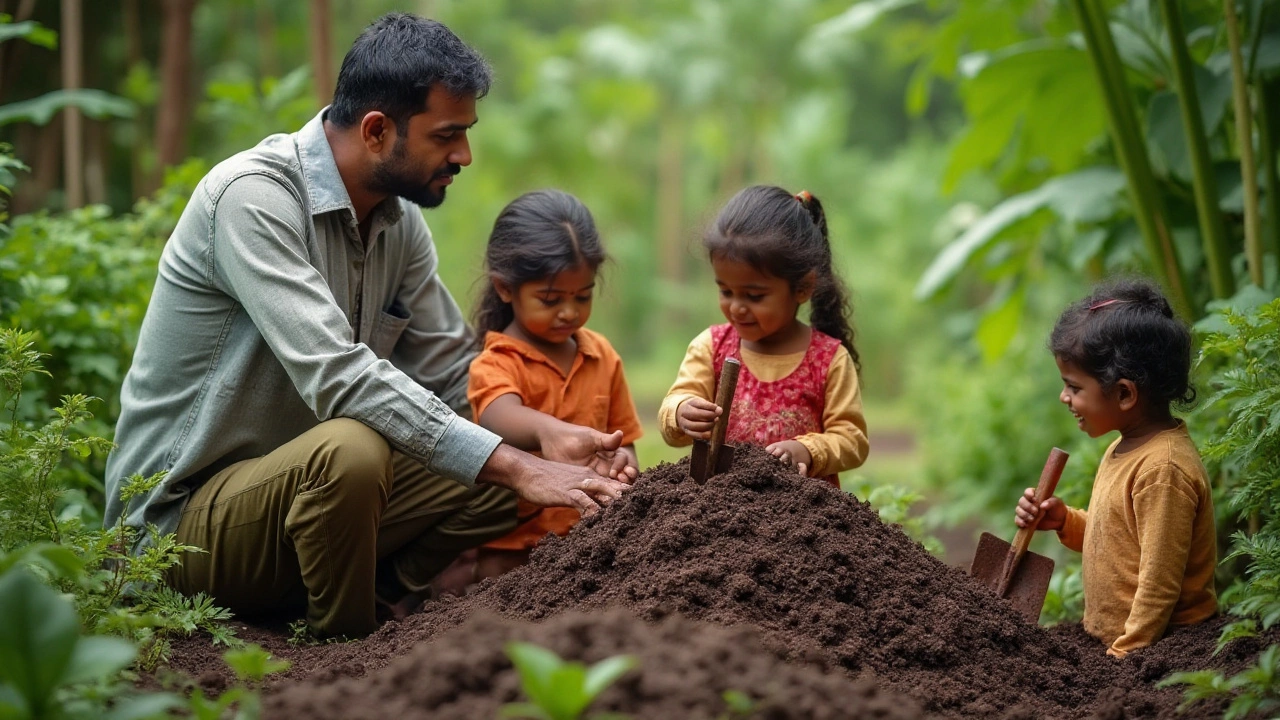Organic Compost: Simple Steps to Make and Use It
If you want healthier plants without spending a lot, organic compost is the answer. It turns kitchen scraps and garden waste into black gold that feeds soil microbes, improves texture, and holds water. You don’t need fancy equipment – just a bit of patience and the right mix.
Making Your Own Compost
Start with a bin or a corner of your yard. Layer brown materials (dry leaves, paper, straw) and green materials (vegetable peels, coffee grounds, fresh grass). Aim for a 2:1 brown‑to‑green ratio; too much green makes it soggy, too much brown slows the process.
Keep the pile moist, like a wrung‑out sponge. Turn it every week or two with a pitchfork to add oxygen. After 4‑8 weeks you’ll see dark, crumbly material that smells earthy, not rotten. If it smells sour, add more brown stuff and turn it again.
Speed up the job by shredding leaves or cutting kitchen waste into small pieces. Adding a handful of garden soil introduces beneficial microbes that jump‑start decomposition. You can also use a commercial compost starter, but it’s optional.
Using Compost in the Garden
When the compost is ready, spread a 1‑2 inch layer over planting beds and gently work it into the top 4‑6 inches of soil. This boosts nutrient content, improves drainage, and reduces the need for chemical fertilizers.
For container plants, mix one part compost with two parts potting mix. The result is a lighter, more breathable medium that holds just enough moisture for roots.
Use compost as a mulch around trees and shrubs. It suppresses weeds, keeps the soil cool, and slowly releases nutrients as it breaks down further. Reapply a fresh layer each season for best results.
If you have a vegetable garden, compost works as a natural fertilizer. Apply a generous handful to each row before planting, and top‑dress with more after each harvest. Your crops will be stronger and more resistant to pests.
Remember to keep compost away from direct sunlight for a while before using it; too hot a pile can kill beneficial microbes. Also, avoid adding meat, dairy, or oily foods—they attract pests and slow the process.
In short, making and using organic compost is easy, cheap, and great for the environment. Start small, watch the pile change, and soon you’ll have a steady supply of garden food that keeps your plants happy year after year.
Compost vs Organic Compost: What Really Sets Them Apart?
People often mix up compost and organic compost, but there’s a clear line between the two. This article breaks down the details, showing what really makes compost and organic compost different. You’ll get practical tips for making both at home and advice on picking the right option for your garden. Discover common mistakes, smart ways to boost your soil quality, and learn how the rules around these labels actually work. Expect plenty of straight answers and hands-on facts you can use.
Mastering Organic Composting with Effective Activators
Composting is an essential practice for anyone looking to improve soil health and reduce waste sustainably. Compost activators play a crucial role in supercharging the decomposition process by providing necessary nutrients and beneficial microbes. Learn how these activators enhance composting efficiency, the different types available, and how to use them effectively. This guide will offer tips on selecting the best activator for your needs and integrating it into your compost system seamlessly.
About
Composting, Sustainable Gardening
Latest Posts
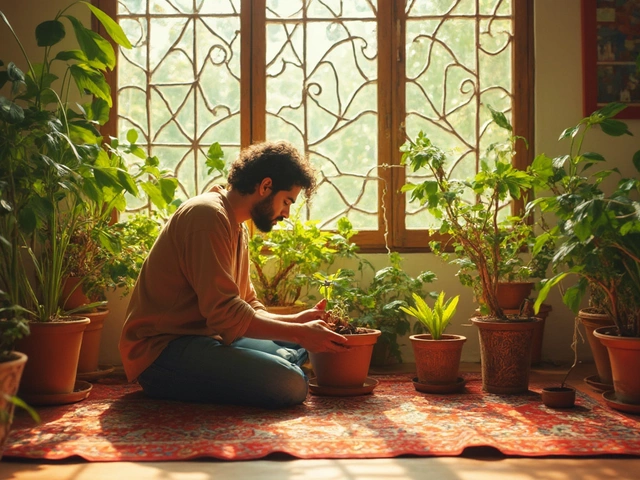
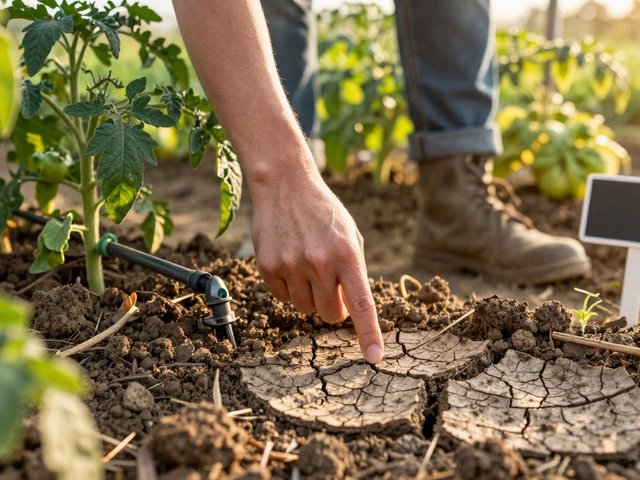
Should I Run Drip Irrigation Every Day? Here’s What Actually Works
By Alden Thorne Dec 9, 2025
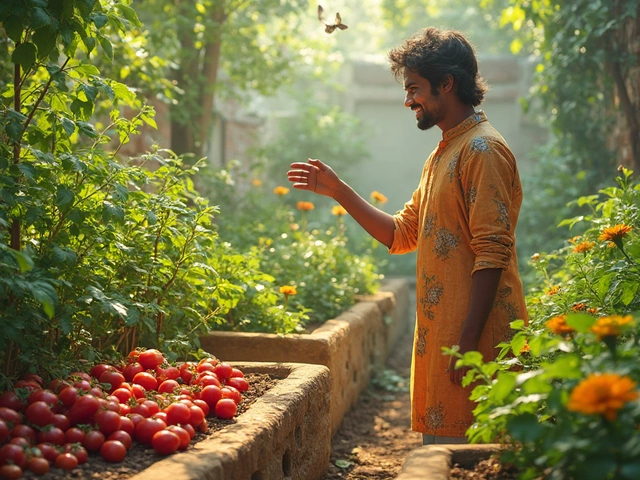
Vegetables That Grow Well Next to Each Other: Smart Pairings for a Healthy Garden
By Alden Thorne May 13, 2025

Best Garden Tools: Discover the Top 9 Essentials You Need
By Alden Thorne Mar 15, 2025
